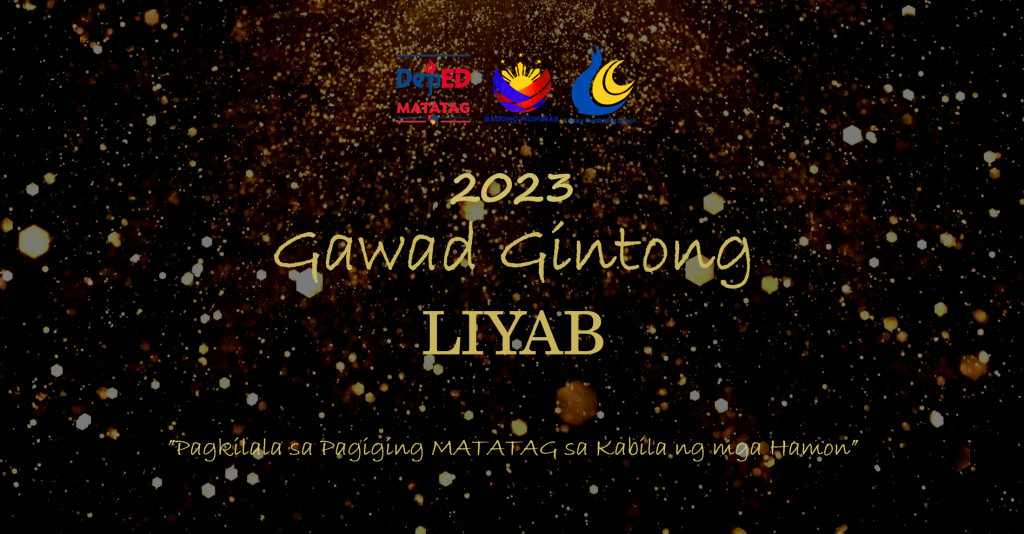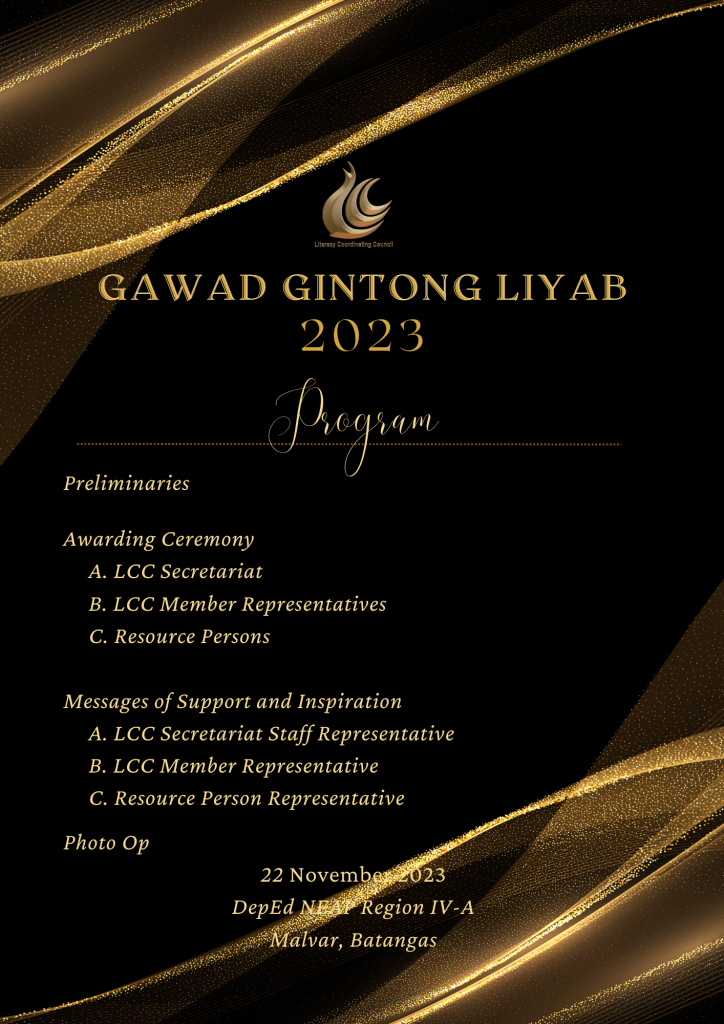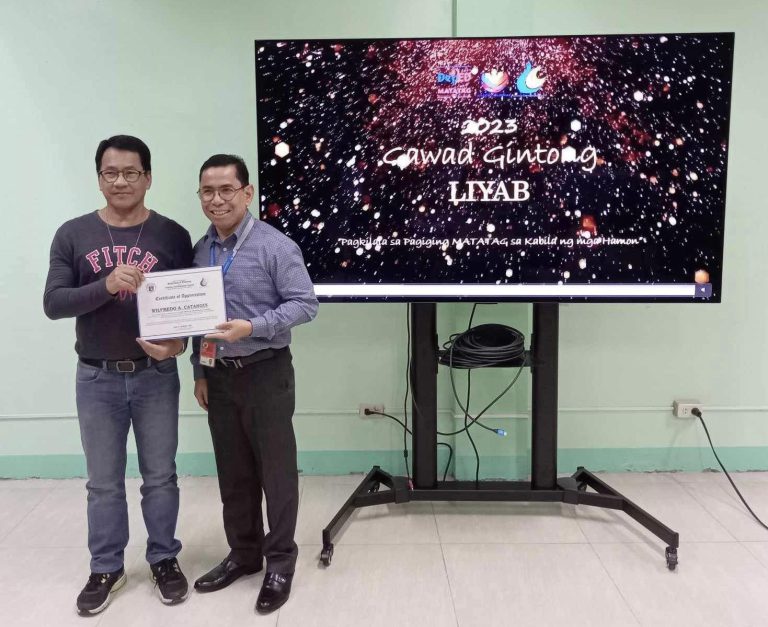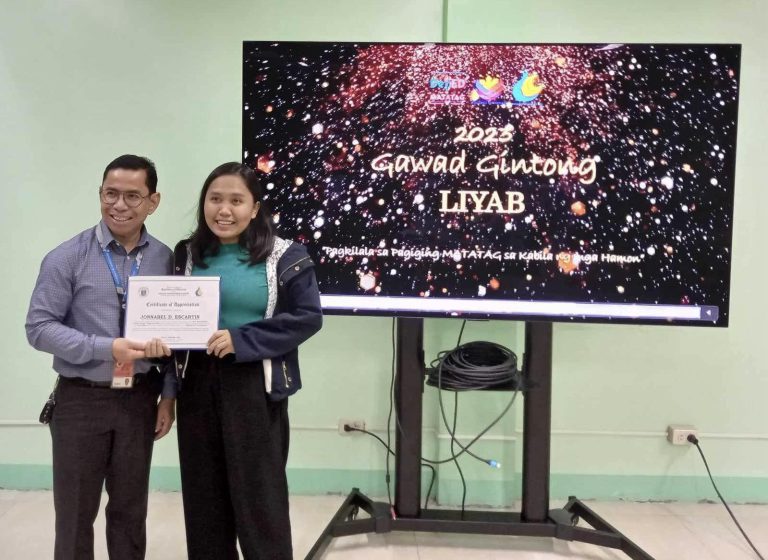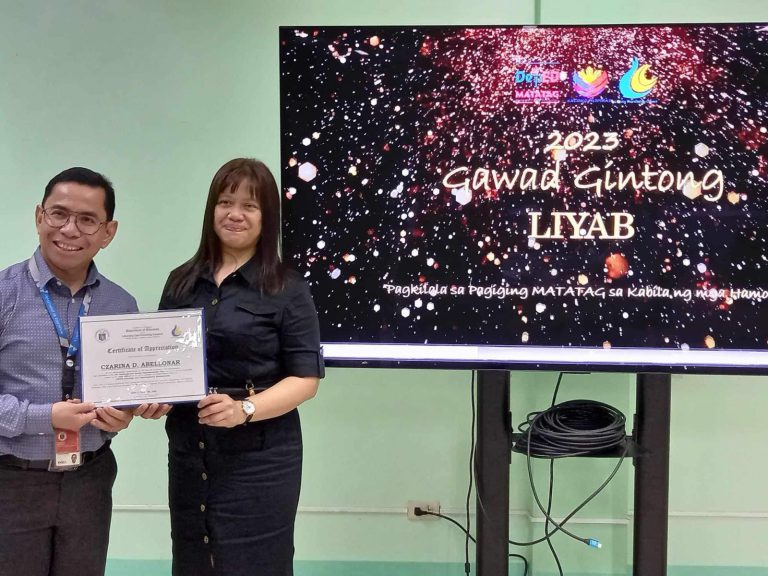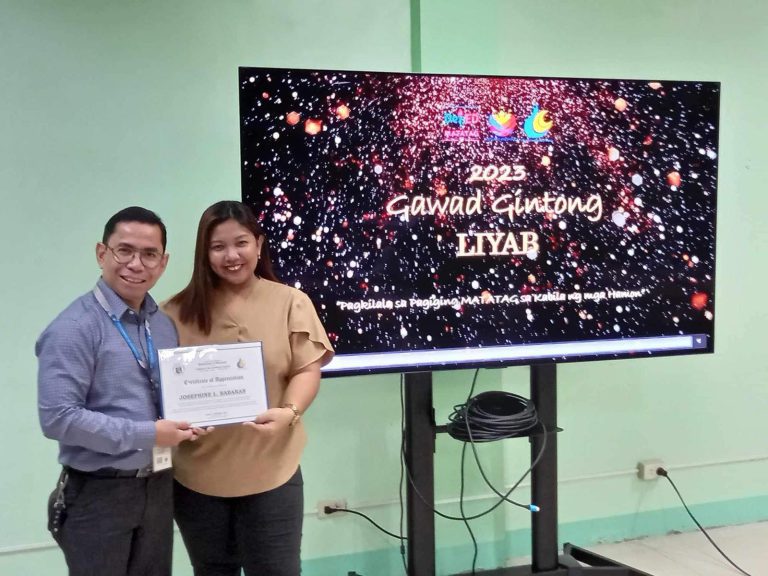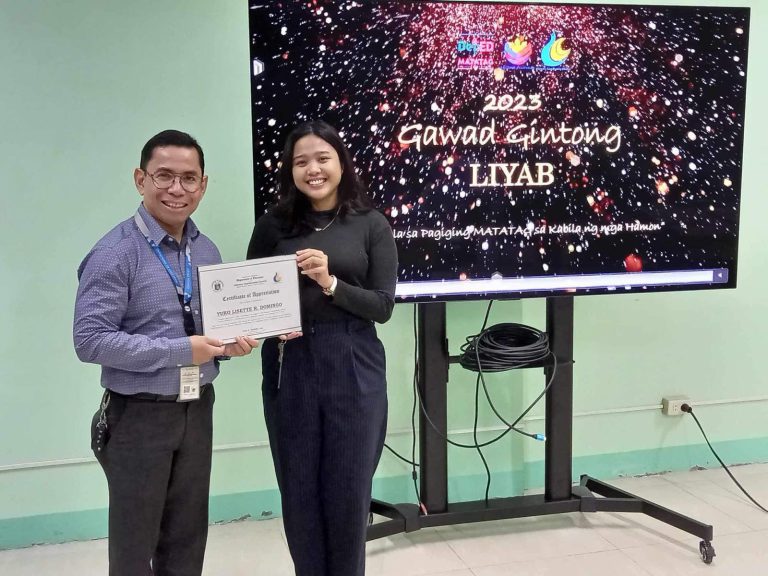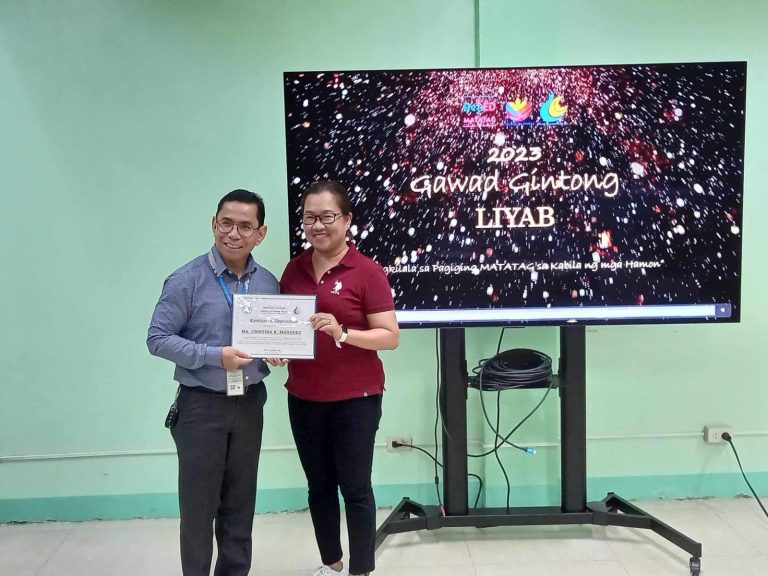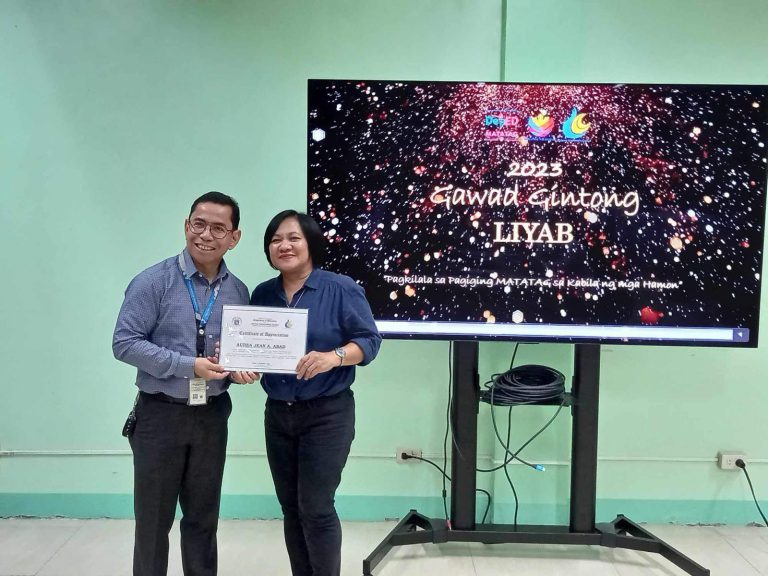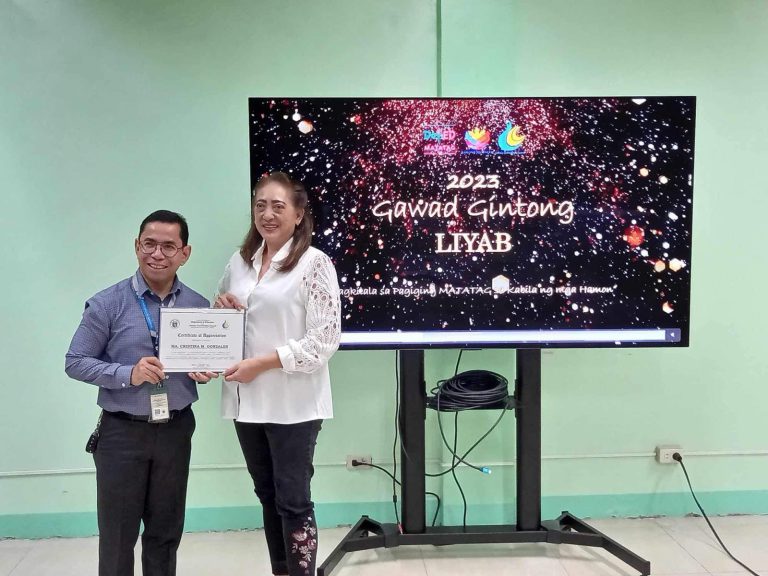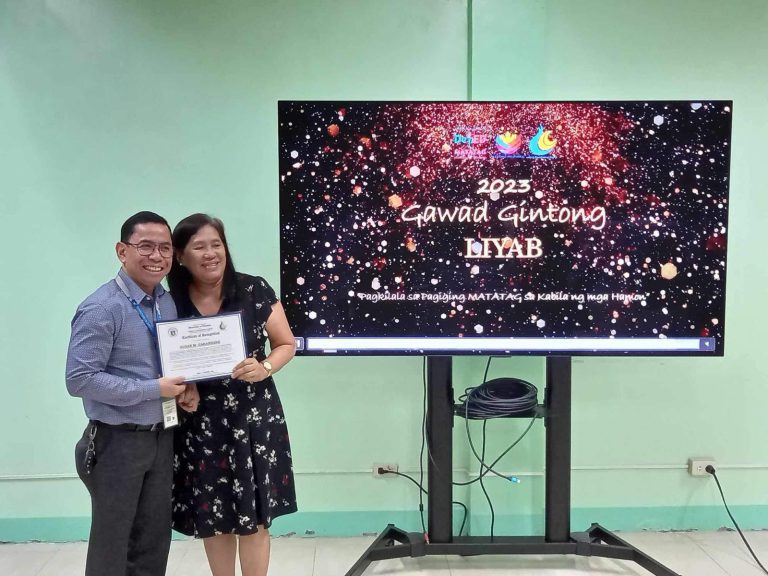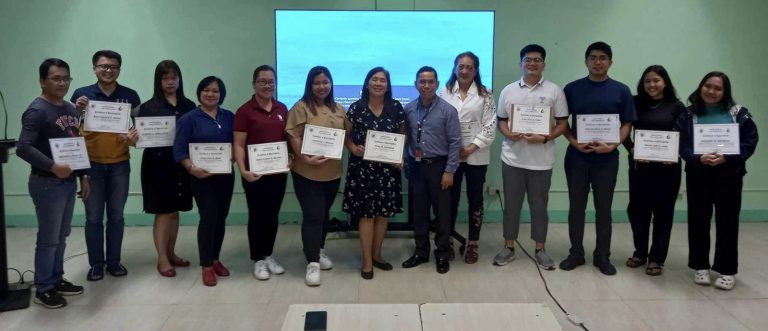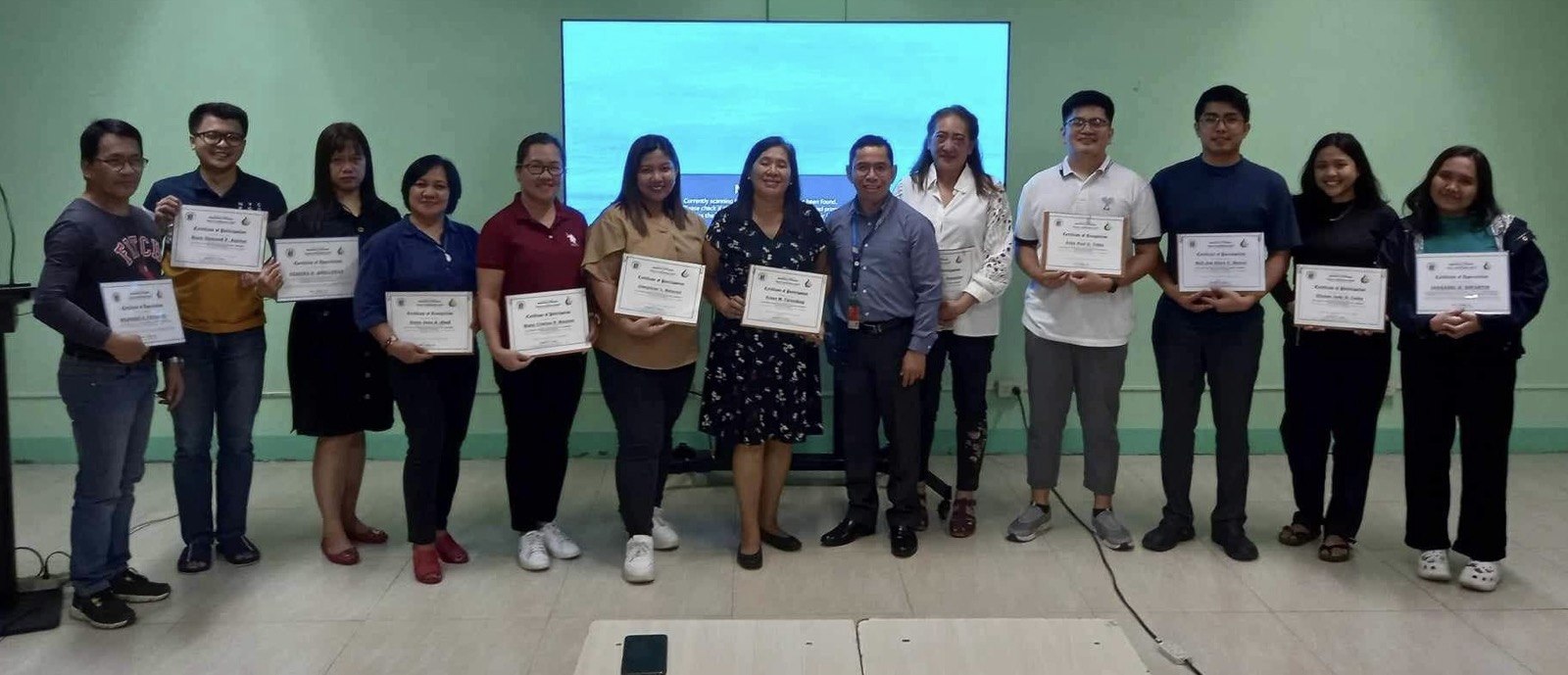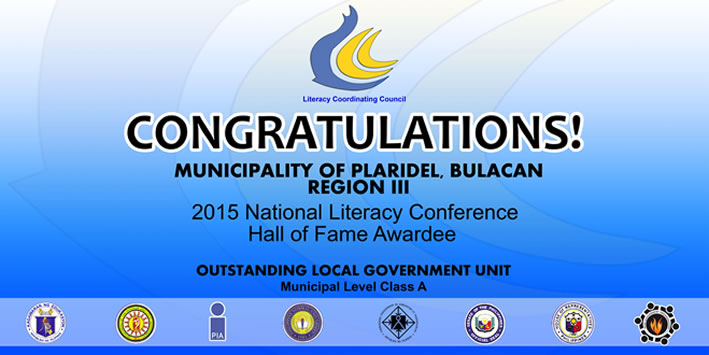1. Research, Monitoring and Evaluation (RME)
Identification of successful management schemes of literacy programs/projects; adoption of measures and boosting of research and development work in literacy by government agencies and non-government organizations involved in literacy work; and working for the establishment and maintenance of a national databank and information exchange/ dissemination system to support literacy efforts at the national and local levels.
1.1 Continuation of Translation of Functional Literacy Definition from English to Eight Major Philippine Languages and One Dialect
Objectives
- To finalize translation of FL definition into eight major Philippine languages and one dialect.
- To promote the adoption and utilization of the translated functional literacy definition.
Activities
- Finalization of FL translation
- Dissemination through an LCC resolution
1.2 Dissemination Forum/Launching of FLEMMS 2008 Report
Objectives
- Present the results of the 2008 FLEMMS.
- Determine the policy and program implications of the 2008 FLEMMS.
- Recommend possible courses of action to improve the literacy situation of the country.
Activities
- Coordination with NSO and PIA on the conduct of a forum/launching of FLEMMS 2008 official report
- Invitation of ODA agencies, national agencies, LGUs, civil society groups, etc.
1.3 Integrating Commitments to CONFINTEA VI in the Blueprint for Action
Objective
- To identify targets, strategies and work plan to integrate CONFINTEA VI in the LCC Blueprint for Action.
Activity
- Roundtable Discussion on CONFINTEA VI
1.4 Policy recommendation on the following:
1.4.1 Action Research on Literacy Programs for Disadvantaged and Vulnerable Areas in the Philippines
Objectives
- To identify disadvantaged and vulnerable areas as priority for literacy capability building.
- To identify the common areas covered by the 4Ps (DSWD), 40 bottom divisions (DepEd), and 30 bottom barangays (DILG).
Activities
- Coordination with DSWD, DepEd, and DILG in identifying the common areas covered by the 4Ps (DSWD), 40 bottom divisions (DepEd), and 30 bottom barangays (DILG)
- Assessment of literacy situation (e.g., profiling illiterates and existing literacy programs) in the identified areas
- Conduct of zonal forum/consultative meetings with municipal mayors and barangay captains primarily to determine appropriate literacy programs in these areas and for advocacy
- Advocacy for literacy interventions
- Monitoring of literacy progress in these areas
- Recommendation of policy
1.4.2 Evaluation of Radio Program
Objectives
- To determine impact of radio program to its target audience.
- To determine whether to continue the program or not; if so, to recommend strategies that will enhance the program’s design and implementation with respect to efficiency and effectiveness especially on how to maximize the program’s impact to target audience.
Activities
- Assessment of the program’s impact through case study (interview/survey)
- Improvement of the program’s design
- Integration of strategies to get the target audience and optimize reach and impact
- Revision/Improvement of modules and integration of efficient impact monitoring scheme
- Recommendation of policy
1.4.3 Evaluation of Provincial Orientation Program
Objectives
- To revisit LGUs that were given provincial orientation and compare their literacy situations.
- To assess the impact of provincial orientation.
- To determine whether to continue the program or not; if so, to recommend ways to improve its design and implementation.
Activities
- Assessment of the program’s impact
- Integration of strategies on how to improve the program’s design
- Integration of efficient impact monitoring scheme
- Recommendation of policy
1.5 Joint Workshop/Roundtable Forum on Youth and Adult Literacy by LCC and NEC Secretariat
Objectives
- To discuss and analyze the status of youth and adult literacy in the country.
- To identify challenges and generate recommendations on the improvement of literacy in the Philippines.
- To provide input on literacy to the EFA end-decade assessment report.
Activity
- Workshop/Roundtable Discussion of LCC and EFA-TWG
1.5.1 Strengthening of the Implementation of Laws Related to Literacy (e.g. RA 7743 – Local Reading Centers and Libraries) through an Executive Order
Objectives
- To identify laws related to literacy and their lead implanting agencies.
- To determine the status of their implantation.
- To identify bottlenecks that hamper effective implementation of these laws.
Activities
- Inventory of DepEd Orders on literacy related policies
- Codification of laws on Literacy
- Consultation
- Drafting of the EO
- Lobbying and processing for the EO signing
1.6 Revisit of NLA criteria and process
Objective
- To improve the NLA criteria and process.
Activity
- Workshop on the revision of criteria and guidelines for selection
1.7 Full Operationalization of M&E
Objectives
- To institutionalize and make the LCC M&E System functional.
- To make the LCC M&E System useful in the monitoring and assessment of the efficiency and impact if various initiatives by the Council.
- To develop database system on literacy.
Activities
- Assessment of the current status of the implementation of the LCC M&E System
- Development of a simple Manual of Operation
- Development of database system on literacy
- Monitoring the implementation of laws related to literacy (e.g., RA 7743 – Barangay Libraries Reading Centers) and local LCC’s
- Updating of inventory of literacy programs and projects
2. Capability Building, Localization, Advocacy and Social Mobilization, and Networking (CLAN)
Provision of necessary technical assistance to various stakeholders and partners in the universalization of literacy; intensification of coordinating efforts towards capability building of literacy advocates and provision of technical assistance to other members of the academic community in literacy promotion and strengthening the LCC technical support staff; planning and implementation of a massive advocacy/social mobilization and IEC campaign plan in view of generating commitment and support in pursuing and/or sustaining literacy programs; and replication of good literacy services toward improved local governance.
2.1 Training of Trainers for Literacy Training Service among Teacher Education Institutions
Objective
- To increase LTS trainers’ facilitation skills in training LTS student volunteers in TEIs.
- To increase LTS trainers’ awareness of and develop appreciation for existing literacy programs
Activity
- Seminar/Training Workshops for LTS educators and implementers
2.1.1 Documentation of Good Literacy Practices
Objectives
- To mainstream good literacy practices at the local level.
- To conduct documentation workshop for 2010 and 2012 NLA winners and LGUs with highest leap/improvement in literacy rate based on the 2010 NSO results.
Activities
- Full-blown documentation of good literacy practices (Agoo, La Union; Tubungan, Iloilo; Davao City; and Tagum City)
- Analysis of documented good literacy practices
- Conduct of documentation workshop for Plaridel, Bulacan; Pasay; Tacloban; Dipolog; Bato, Catanduanes; Balanga, Bataan
- Publication and dissemination of documented good literacy practices
- Formulation of advocacy policies on documented and replicable good literacy practices
- Monitoring of documented good literacy practices
2.2 Advocacy on replication of documented good literacy practices
Objective
- To promote adoption of documented good literacy practices.
Activities
- Replication Inception Workshop (RIW)
- Coordination with literacy providers
- Monitoring of LGUs who participated in RIW on the adoption of good literacy practices
2.2.1 Follow-up assessment and action for the 2006 literacy mapping
Objectives
- To assess the current status of the 30 bottom barangays.
- To pursue recommendations based on results of literacy mapping in 2006.
Activities
- Revisit status of 30 bottom barangays
- Data analysis
- Coordination with literacy providers
- Provision of technical assistance to the 30 bottom barangays
2.3 Partnership with LGUs through the leagues of governors, mayors, barangays
Objectives
- To elicit commitment to support national literacy goal by supporting existing or implementing new literacy programs/projects
- To create awareness of the relevance of literacy as a mechanism for good governance
Activities
- Orientation of newly elected local officials through the LGAs’ NEO Orientation program
- Dialogue with leagues of governors, mayors, and barangays
- Determination of schedule of regular meetings of various leagues
- Conduct of follow-up meetings
- Presentation of LCC programs and projects during meeting with leagues
- Documentation and evaluation
2.4 Continuation of radio program in selected areas with lowest literacy rate
Objectives
- To increase awareness of national and local literacy programs through radio.
- To motivate LGUs in accelerating literacy initiatives in their areas.
Activities
- Tentative activities based on the results of evaluation of radio program
– Revision and modification of existing modules and themes
– Creation of MLCC and monitoring teams
– Production of scripts
– Programming (once a week)
– Implementation in Regions 8, 9, 10 and ARMM after the evaluation (Bases: 40 lowest divisions and 30 bottom barangays)
– Monitoring and assessment
2.5 Conduct of Annual National Literacy Conference (NLC)/Conduct of Hall of Fame Award
Objectives
- To provide a platform for discussion of issues and concerns related to literacy.
- To give excellence recognition to those winners who maintain first rank for three consecutive years in the National Literacy Awards.
Activities
- Planning
- Coordination and preparation
- Ocular visit to Region XI (Tagum City)
- Presentation to the Council
- National Literacy Conference – Awarding of winners to the Hall of Fame
2.6 Continuation of Provincial Orientation Program
Objective
- To promote and strengthen advocacy efforts at the grassroots level by mobilizing local government officials to support the national literacy awards.
Activities
- Tentative activities based on the results of evaluation of provincial orientation program
– Preparation of program design
– Identification of participants
– Coordination with host region
– Invitation of resource speakers
– Budget preparation
– Conduct of provincial orientation
2.7 Maintenance and updating of LCC website
Objectives
- To ensure the presence of LCC in the virtual community.
- To provide stationers/information on Philippine literacy.
Activity
- Maintenance/Updating of LCC website
2.8 Production of IEC and Other Support Materials (print and non-print)
Objectives
- To heighten awareness of the national literacy agenda and the country’s literacy situation.
- To heighten awareness and understanding of the organization, functions, and responsibilities of LCC as the overall advisory and policy-making body on literacy concerns.
Activities
- Reprinting of updated LCC Blueprint for Action and Primer
- Conceptualization, development, production, and dissemination of print and non-print materials:
– Annual Report
– CD on good literacy practices
2.9 Literacy Forum with NGO and LCNet
Objectives
- To establish, strengthen and sustain linkages with NGOs involved in literacy work.
- To mobilize and organize government information officers and NGO literacy advocates as information and dissemination network of LCC.
- To partner with women organizations involved in literacy programs.
Activities
- Forums with NGOs and private sector (Luzon, Visayas, and Mindanao)
- Cluster briefing with government information officers and NGO advocates literacy advocates (Luzon, Visayas, and Mindanao)
- Mapping out the local presence of NGOs involved in literacy work for reference to LGUs
- Orientation/Networking
